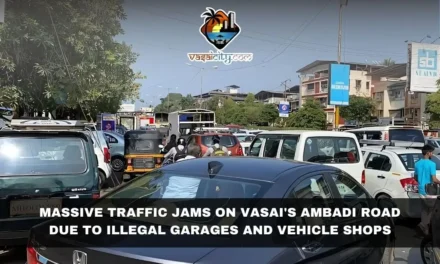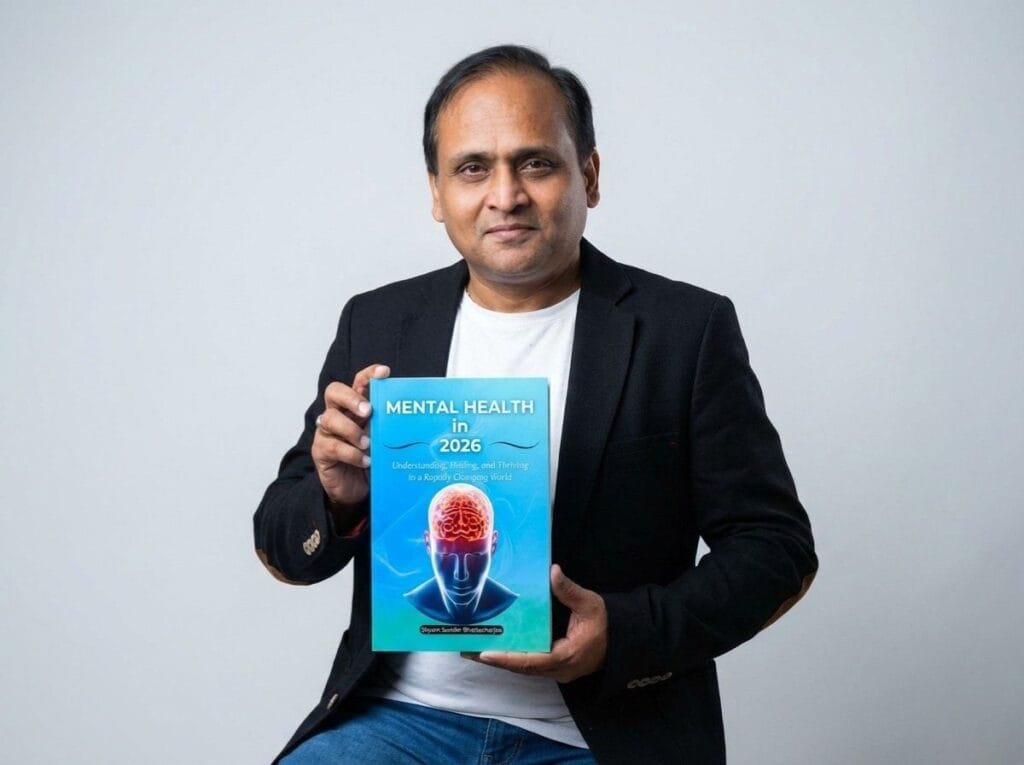In the scenic coastal stretches of Palghar district, places like Suruchi Baug in Vasai, along with Bhui Gaon, Rangaon, Rajodi, Kalamb, Arnala, Satpati, Kelva, Dahanu, and Palghar itself, have long been celebrated as prime tourist destinations. These spots attract not just local families looking to spend a day out in the sun but also international tourists eager to soak in the vibrant atmosphere and picturesque views. However, amidst the natural beauty and the joyful laughter, a pressing issue has been making itself increasingly felt: the urgent need for proper sanitation facilities.
The joy of spending a day at the beach can often be marred by the simplest of human needs—a place to go when nature calls. Men, it seems, have been able to find makeshift solutions, making do with whatever secluded spots they can find. Women, on the other hand, face a significant dilemma due to the lack of toilets and sanitation facilities. This has been a cause of discomfort and, frankly, a matter of concern for everyone who visits.
Recognizing this, the Vasai-Virar District Youth Congress has taken a commendable step forward. They have approached Dr. Manik Gursale, the executive officer of the Maharashtra Maritime Board, with a request that speaks volumes about the need of the hour. They’ve asked for permanent toilet facilities to be built at all the aforementioned tourist spots along the coastline.
The makeshift arrangements that currently exist, as found in Bhui Gaon, include structures made of wood, bamboo, and cloth, serving as temporary solutions for natural calls. While these may seem innovative, they are far from satisfactory. Not only are they inadequate, but they also contribute to pollution and pose a health risk, inviting diseases and contaminating the otherwise pristine environment. A casual inquiry revealed that these were set up by locals, trying to fill a gap that ideally should not exist in the first place.
The urgency of this situation becomes even more apparent during holidays and weekends when the tourist influx significantly increases. The absence of proper sanitation facilities then becomes not just an inconvenience but a health hazard, underscoring the critical need for permanent solutions.
The appeal by the Youth Congress is not just a request for basic amenities but a call to prioritize human dignity and environmental health over other, perhaps more grandiose, infrastructure projects. The comparison drawn with large-scale constructions like ports underscores a simple yet often overlooked point: the basic needs of citizens, and the natural environment we all share, deserve immediate attention and action.
The request made to Dr. Gursale is not merely administrative; it’s a plea for empathy, understanding, and immediate action. It’s a reminder that development should not just be about building the new but also about taking care of the basic needs that ensure the well-being of all. In places celebrated for their natural beauty and as destinations for relaxation and joy, it’s essential that the basics are not overlooked.
The implications of building permanent sanitation facilities along these coastal tourist spots are far-reaching. Beyond providing immediate relief and comfort to visitors, it speaks to a larger commitment to public health, environmental conservation, and sustainable tourism. It’s about creating spaces where families can enjoy without reservation, where women can feel as free as men to explore and enjoy, and where the beauty of nature can be preserved without the shadow of pollution and health risks.
The initiative by the Vasai-Virar District Youth Congress is a step in the right direction, emphasizing the need for infrastructure that caters not just to the aesthetic or economic aspects of tourism but to the human, everyday needs of those who visit. It’s a call to action that, if heeded, will not only enhance the tourist experience but also set a precedent for responsible and inclusive development along India’s vast coastline.
As we await the response from the Maharashtra Maritime Board, there’s hope that this request will be met with the urgency and seriousness it deserves. It’s a test of our collective will to prioritize the well-being of our citizens and the health of our environment over other considerations. Building toilets along the coast isn’t just about sanitation; it’s about dignity, health, and the kind of development that sees beyond the immediate horizon to the broader landscape of human and environmental needs.










